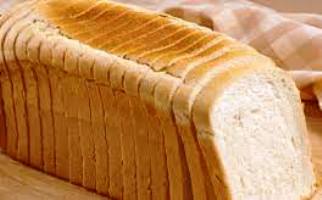The National Agency for Food and Drug Administration and Control (NAFDAC) has refuted claims that it advised Nigerians to stop eating bread due to the alleged use of saccharine, a banned sweetener, by some bakers.
The agency’s Director-General, Mojisola Adeyeye, made this clarification in a statement issued on Tuesday in Abuja.
NAFDAC’s response came after a viral video by a social media influencer claimed that the agency had warned Nigerians against consuming locally baked bread because some samples failed laboratory tests due to the presence of saccharine.
The influencer alleged that bakers were substituting sugar with saccharine, which is cheaper due to inflation.
While NAFDAC confirmed that the use of saccharine in bread production is prohibited in Nigeria, in line with global health guidelines due to potential health risks, it denied issuing any directive to avoid bread.
The agency stressed that it has been monitoring and sanctioning violators of this regulation and clarified that the influencer’s statements do not reflect NAFDAC’s position or authority.
“The attention of NAFDAC has been drawn to a video circulating on social media titled: ‘Bread sold in markets failing laboratory tests, NAFDAC raises fresh alarm,” said Adeyeye.
“As a responsible regulatory agency, we wish to clarify that the content of the video does not represent NAFDAC’s stance, and at no point did we suggest that Nigerians should avoid bread baked and sold in Nigeria.”
NAFDAC emphasized that it does not issue statements that could cause public panic and reassured Nigerians that it remains committed to its role of safeguarding public health.
The agency reiterated that any baker found using unapproved additives, such as saccharine, will be appropriately sanctioned.
The agency further stated that both the Nigerian Industrial Standard (NIS) and the Codex General Standard for Food Additives (GSFA) prohibit the use of saccharine in bread, aligning with international safety assessments conducted by the Joint FAO/WHO Expert Committee on Food Additives (JECFA).
“NAFDAC dissociates itself from the influencer’s comments regarding avoiding bread in Nigeria. These are personal statements that do not reflect NAFDAC’s position,” the statement concluded, assuring the public that the agency remains vigilant in its regulatory responsibilities.


